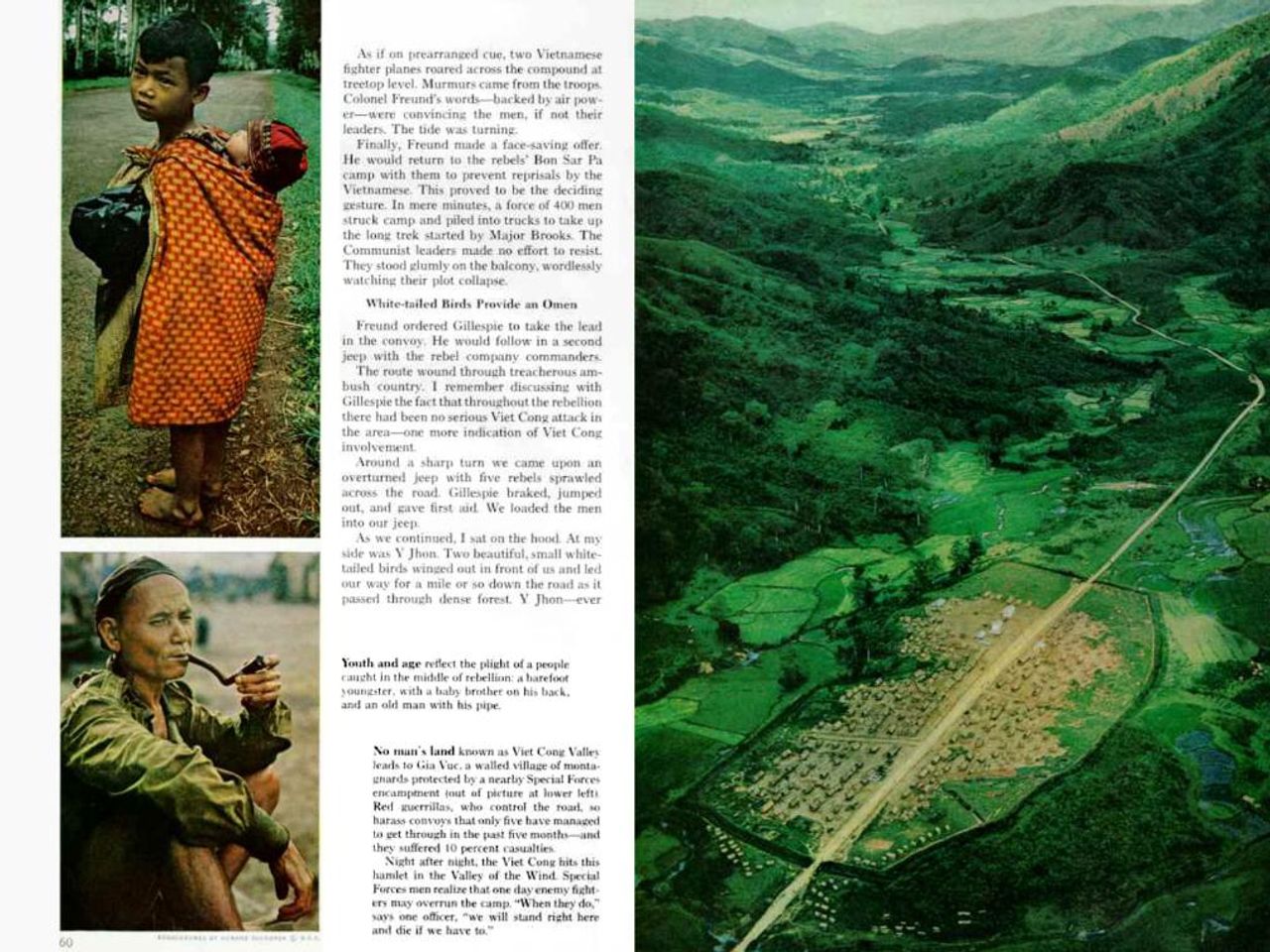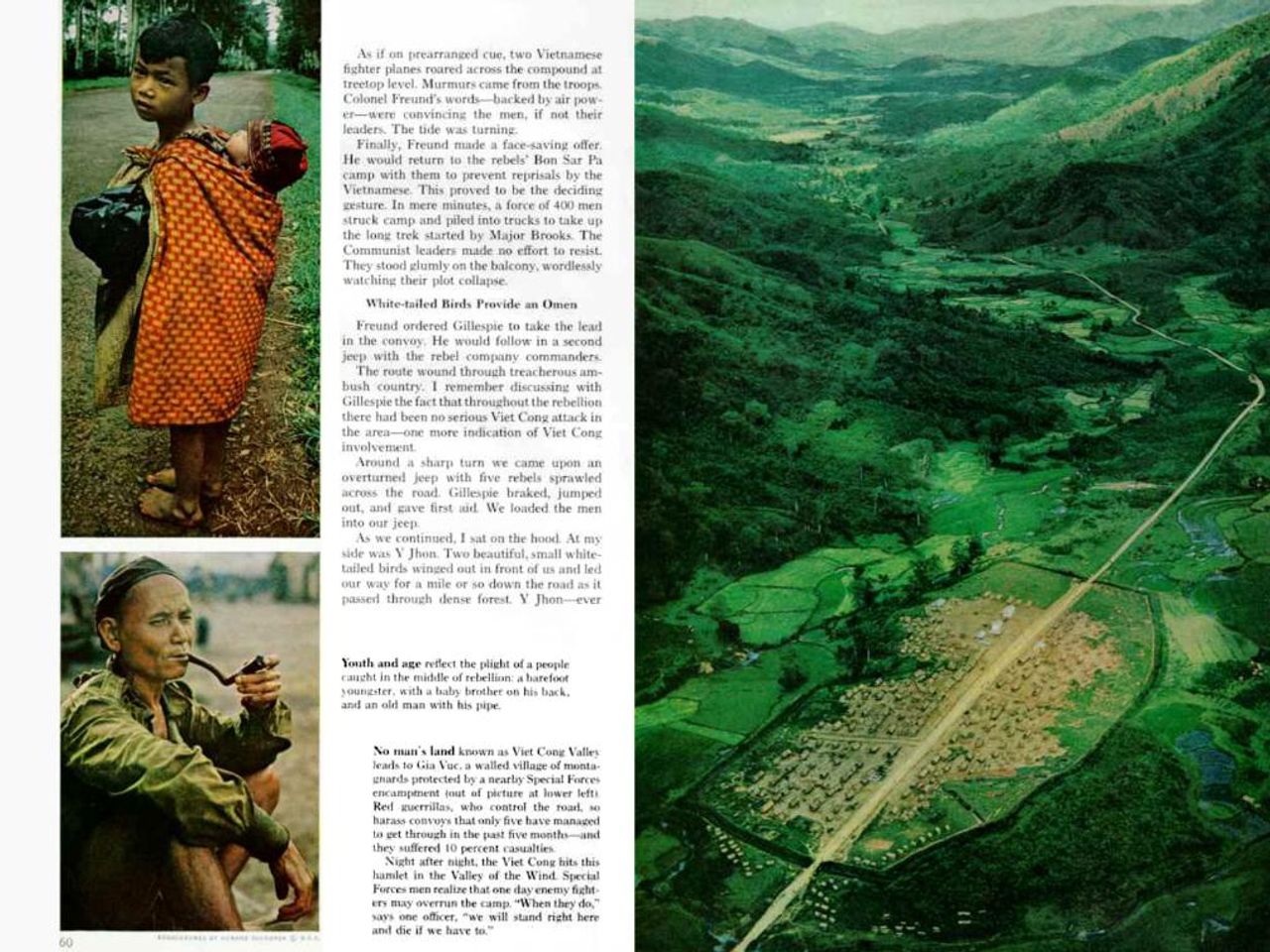Headline: Thailand Refuses ICJ Jurisdiction Over Border Dispute with Cambodia
Thailand Stands Firm on National Sovereignty, Dismissing ICJ Jurisdiction: Phumtham's Declaration
The ongoing border issues between Thailand and Cambodia have taken a turn as Thailand reaffirmed its stance on Tuesday, declaring that it will not recognize the International Court of Justice (ICJ) jurisdiction to uphold its sovereignty. The Defence Minister, Phumtham Wechayachai, asserted that the government's position remains unified and the refusal of ICJ jurisdiction is a clause mandated in all international treaties[1].
Phumtham's declaration comes following the government's recent statement on resolving the border disputes with Cambodia through existing mechanisms. Despite this statement, the tensions between the two countries have escalated after a military clash on May 28, 2025, resulted in the death of a Cambodian soldier[1][2][3].
Cambodia has expressed its intention to bring the border disputes before the ICJ for resolution. The disputes involve areas around the Ta Moan Thom Temple, Ta Moan Tauch Temple, and Ta Krabei Temple, in addition to the current flashpoint[3][4]. Thailand, however, has emphasized the Joint Boundary Committee (JBC) as a preferred mechanism for resolving disputes. Thailand's Foreign Minister noted that Cambodia's decision to file a case with the ICJ would not significantly affect talks between the two countries under existing mechanisms[4].
Phumtham reassured the public that the Thai government is fully prepared - legally, diplomatically, and militarily - to handle the situation[4]. He also emphasized the importance of avoiding further escalation while maintaining sovereignty. When asked about growing public dissatisfaction with the Prime Minister and Defence Minister's stance, Phumtham mentioned that the primary goal is to de-escalate tensions and prevent these issues from becoming a global concern[4].
Meanwhile, Justice Minister Tawee Sodsong stated that the ministry's primary responsibility is ensuring public safety and maintaining confidence in national security[4]. He noted that the Defence Minister and military chiefs are in constant communication and emphasized that national security and public safety must never be a matter of division.
Despite the border tensions, Cambodia agreed to withdraw its troops from a contested border zone following military talks with Thailand[3]. Both countries are expected to meet under the JBC framework on June 14, though the exact agenda remains unclear[1][3].
Tags: Phumtham Wechayachai, Sovereignty, Cambodia, tensions, military, border
Related:
- Anger Erupts: Thailand and Cambodia Clash at Border
- Border Tensions: Thailand and Cambodia Keep Militaries on Alert
- Breaking the Ice: Cambodia Agrees to Withdraw Troops from Border Zone
- Threat of War: Thailand and Cambodia Face Off at Border
- ICJ in the Spotlight: Thailand and Cambodia's Border Dispute Could Rock Global Stability
Enrichment Data:
Overall:
The border disputes between Thailand and Cambodia have escalated due to a fatal military clash on May 28, 2025. The incident led to the death of a Cambodian soldier[1][2][3]. Both countries have expressed a commitment to peace but have mobilized their militaries near the border, causing concerns about potential further conflict[1][3]. Cambodia has indicated its intention to bring the border disputes before the ICJ for resolution[3][4]. Thailand, however, has rejected the ICJ's jurisdiction in this matter and remains open to dialogue. Thailand's stance was defined in a Cabinet resolution passed on March 12, 2024, mandating that all international treaties must include a clause stating Thailand's refusal to accept ICJ jurisdiction to safeguard the country's sovereignty[4]. Both countries are scheduled to meet under the Joint Boundary Committee (JBC) framework on June 14, 2025[1][3].
- The refusal of ICJ jurisdiction by Thailand is also a part of their policy-and-legislation, as it is mandated in all international treaties.
- The ongoing border dispute between Thailand and Cambodia is not just a political issue but has significant implications for the general-news and international community.
- As the border tensions escalate, both Thailand and Cambodia are focusing on their economy, as any war-and-conflicts could lead to substantial financial losses.
- The public, dissatisfied with the Prime Minister and Defence Minister's stance, raised their concerns about public safety, which was emphasized by Thailand's Justice Minister Tawee Sodsong.
- With Cambodia's intention to bring the border disputes before the ICJ, the case could have far-reaching consequences, affecting not only the politics and policy-and-legislation of the two countries but also international relations, economy, finance, and even the broader economy of the region.






